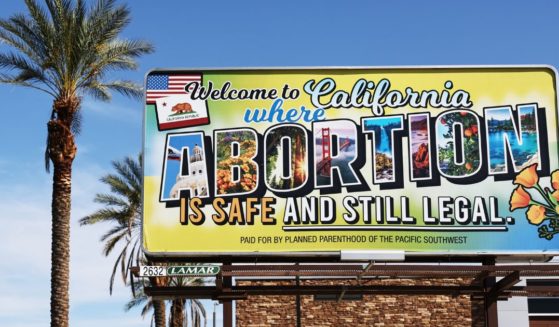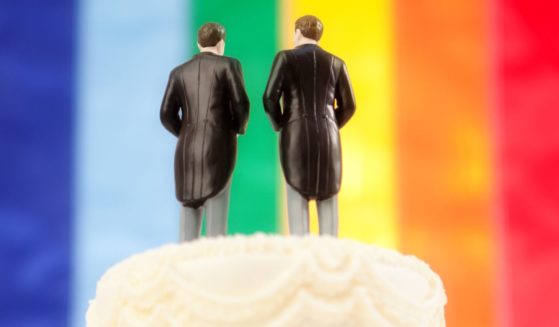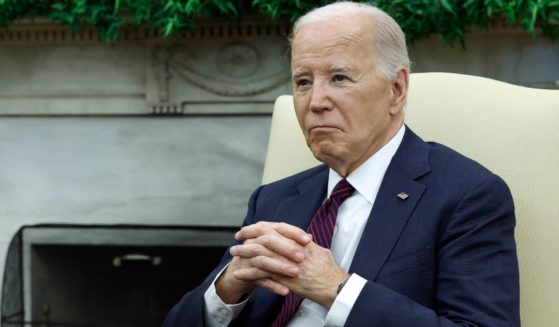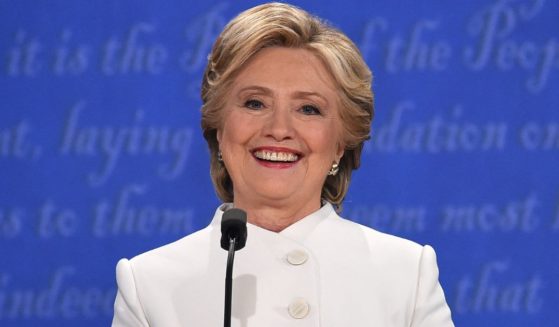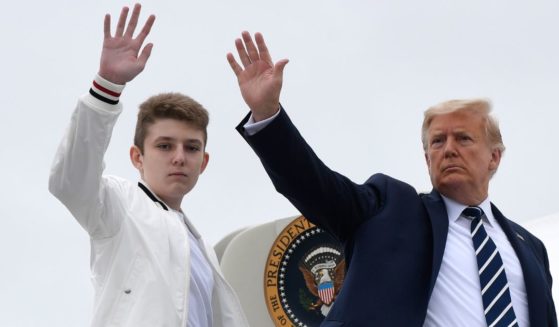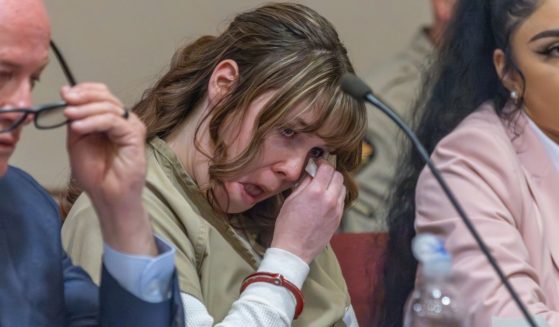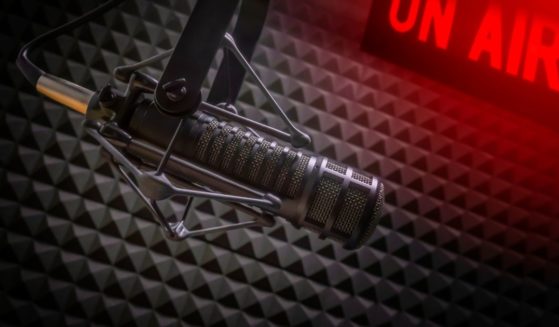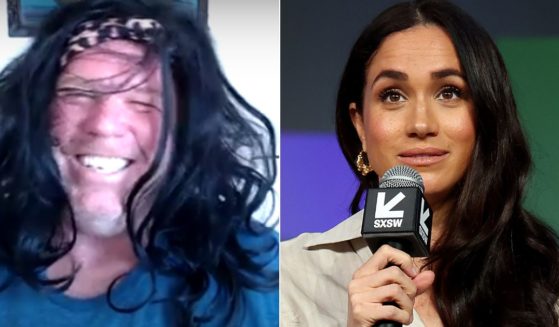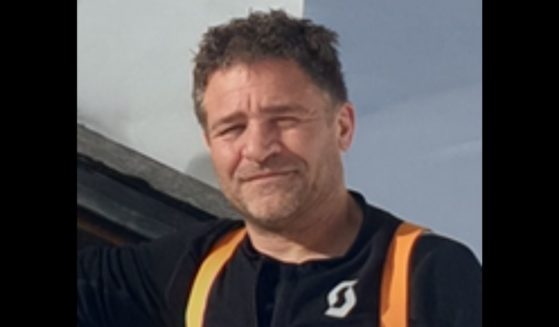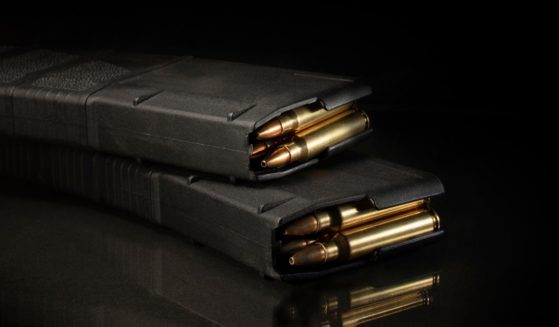Andrew Yang's Post-Debate Cash Giveaway Could Be Illegal
Of all of Twitter’s takeaways from Thursday’s Democratic debate in Houston, Texas, perhaps the best may have been the hurricane of cognitive dissonance created by two completely separate remarks by two different candidates.
During her opening statement, Minnesota Sen. Amy Klobuchar attempted to explain why she failed to display the same level of animation on stage that she does when she berates her staff. (Allegedly.)
“I may not be the loudest person up here, but I think we’ve already got that in the White House,” she said. “Houston, we have a problem. “We have a guy there that is literally running our country like a game show.”
Sen. Amy Klobuchar: “I may not be the loudest person up here, but I think we’ve already got that in the White House. Houston, we have a problem. We have a guy there that is literally running our country like a game show” https://t.co/T37EaVOvlU #DemDebate pic.twitter.com/oLXwsx3tv6
— ABC News Politics (@ABCPolitics) September 13, 2019
This wasn’t the only time Klobuchar referenced a movie more than 15 years old on the night, either. (There was a name-check for “The Day After Tomorrow,” too.)
However, if you wanted a guy who would run your country like a game show, entrepreneur Andrew Yang stepped in just moments later and literally announced a contest where he would be giving select American families $1,000 a month as a test-run for his Universal Basic Income scheme.
In his opening statement, Andrew Yang says his campaign will give “$1,000 a month for an entire year to 10 American families.” https://t.co/INdRXlIwFs #DemDebate pic.twitter.com/OaHnWWBDui
— ABC News (@ABC) September 13, 2019
“It’s time to stop trusting politicians and start trusting ourselves — so I’m going to do something unprecedented tonight,” Yang said. “My campaign is now going to give a Freedom Dividend of $1,000 a month to 10 American families for an entire year, someone watching this at home right now.”
Houston, we have a gaffe. And no, not just because Andrew Yang announced a semi-socialist version of the Publishers Clearing House sweepstakes during a debate. He also may have broken federal law while doing it.
Yang’s so-called “Freedom Dividend” would come out of his campaign coffers, not his own personal money. It’s worth noting that Yang has previously done this with his own money — which, more power to him.
On the off-chance he becomes president, he plans to do this with our money, doling out $1,000 a month to every American adult. Less power to him, but this is still technically legal (if thoroughly awful).
Using your own campaign’s money, however, is quite a bit more problematic.
“Handing out money to individuals for their own personal use would seem to be a violation of campaign-finance law,” former Federal Election Commission attorney and director of campaign finance strategy at the Campaign Legal Center Erin Chlopak told Time.
“It’s hard for me to envision how taking campaign funds and just handing it out to individuals would not violate the personal use prohibition.”
“If it’s just given for no work done, for nothing at all, just a gift, that is inappropriate,” Ann Ravel, a Democrat and former FEC commissioner, said. “You can’t just give cash.”
“Campaign finance experts said that while federal rules prohibit campaigns from giving people anything of value as an incentive to vote, Mr. Yang would not be breaking the law in that area if he did not ask for people’s votes in return,” The New York Times reported.
“But Federal Election Commission rules do prohibit the use of campaign funds on personal expenses. To differentiate legitimate campaign expenses from personal expenses, regulators must determine whether the expense would exist even if the candidate were not running for office.”
The laws also state that you can’t give campaign money to “any person” to pay expenses. That’s something that would almost necessarily happen as part of a Universal Basic Income trial.
“The campaign would not be making [Universal Basic Income] payments irrespective of Andrew’s candidacy, and that therefore it is a legitimate campaign expenditure,” Madalin Sammons, Yang’s press secretary, said.
Except the whole thing looks like vote-buying — and it’s not exactly what donors would have thought their money was going to be used for.
“Campaign donors give their hard-earned money to fund campaign activities, and the law makes clear that paying personal expenses is not a campaign activity,” Adav Noti, former associate general counsel at the FEC, told The New York Times. “When donors give, they have a reasonable expectation that their money will be used on a campaign and not on somebody’s car payment.”
Equally problematic is a statement from Yang’s campaign about the motivations behind the UBI giveaway.
“Normally when you give money to presidential campaigns, it goes to expensive consultants and ads,” the campaign said.
“For the first time in history, a presidential campaign is going to give money back to the people.”
That essentially admits the problem with the whole scheme, though: By using the money to promote his campaign, Yang is also violating the personal use prohibition. It also looks like he’s buying votes — and he’s certainly buying a whole lot of attention through the scheme, which is of dubious legality, as well.
Over 116,000 people are live on https://t.co/1fm6czN3rG as we speak. #YangGang #DemDebate
— Eric Ming (@ericming5) September 13, 2019
Yang campaign’s digital director, Eric Ming, announced that their website was deluged by an interest in the minutes following the announcement.
Getting that kind of attention might have gone well Thursday night. Being a game-show presidential candidate, however, may not be as legal as Yang and his campaign thought it might be.
Truth and Accuracy
We are committed to truth and accuracy in all of our journalism. Read our editorial standards.

